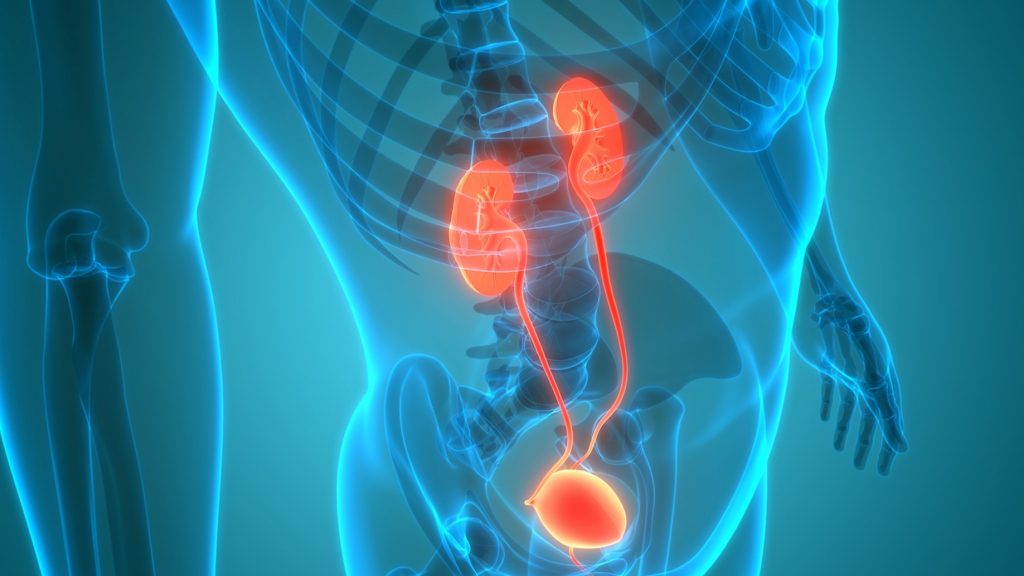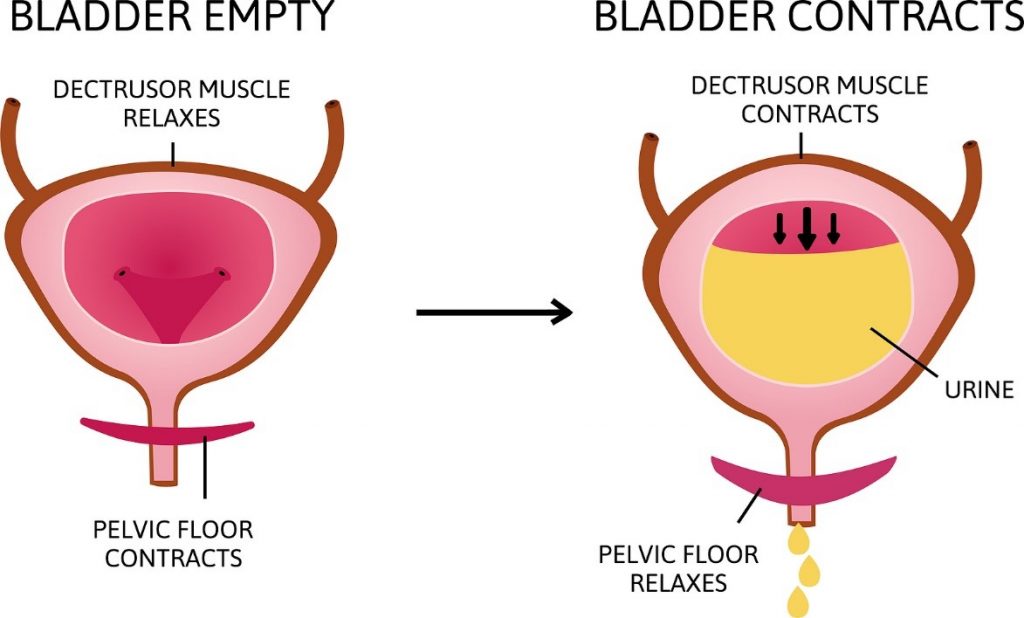
The urinary bladder, or simply called bladder, is a hollow muscular organ. Its function is to store urine received from the kidneys before its disposal. Most of us do not think much about this organ unless there is an issue with its functioning.
As people get older and the bladder changes, they may face common problems like urinary incontinence or bladder infections. Sometimes even healthy individuals can experience issues like a urinary tract infection.
Tips to Keep Your Bladder Healthy
Drink Adequate Water
Try to drink at least six to eight glasses of water every day, with each glass being 8-oz. Drinking plenty of water is the key to good bladder health. Water helps to flush out toxins from your body and decrease the risk of bladder infection.
Drinking adequate water also keeps you healthy, maintains your body temperature, and lubricates your organs. Do keep in mind that if you exercise intensely, are pregnant, or breastfeeding, your water intake needs to be higher.
Limit the Consumption of Alcohol and Caffeine
Aerated drinks and caffeinated beverages like sodas and coffee can aggravate your bladder, so it’s best to avoid them. Try to avoid drinks that have artificial sweeteners like saccharin or aspartame, as these can also irritate the bladder. If you cannot avoid diuretics like coffee and alcohol altogether, limit them to one cup each day.
Quit Smoking
Tobacco and the other ingredients in cigarettes may cause you to urinate more frequently. They also increase your risk of bladder cancer. Coughing due to smoking can weaken your bladder and abdominal muscles.
Eat High-Fiber Foods
Constipation puts extra pressure on the bladder and worsens bladder issues. To avoid constipation eat high fiber foods like beans, legumes, artichokes, and green beans. Keep spicy foods to a minimum, so the bladder is not irritated. Eating whole-grain foods, vegetables, and fruits, drinking adequate water, and moderate exercise can prevent constipation.
Keep Your Weight in Check
Obesity can aggravate bladder problems and cause stress incontinence. Stress incontinence happens when physical movement or activity — such as coughing, laughing, sneezing, running, or heavy lifting — puts pressure (stress) on your bladder, causing you to leak urine. (Mayo Clinic, 2020)
The best way to lose weight is to monitor your calorie intake and exercise regularly. Being physically active prevents bladder problems, constipation, and helps you keep a healthy weight.
Women Can Learn Kegel Exercises or Pelvic Exercises
Kegel exercises or pelvic floor exercises are one of the best ways to control urinary incontinence. These exercises tighten and strengthen the pelvic floor muscles. When these muscles are weak, you are not able to control the flow of urine. Anyone can perform these exercises if you are suffering from urinary incontinence. They can be done anywhere, and done daily, should produce results in about 3 to 6 weeks. (WebMD, 2018)

Empty Your Bladder When Urinating
When using the restroom, relax as much as possible. It’s best not to rush, and it’s best to take your time. Keeping your bladder muscles relaxed can help to empty the bladder more easily. By emptying your bladder, you reduce the risk of a urinary tract infection. One way of emptying the bladder: after urinating, lean a little forward and try to urinate again. This forward movement helps to empty the bladder.
Urinate Often
Use the restroom as often as you feel like when you have the urge to urinate. It’s advisable to urinate whenever you first feel the urge. Never hold the urine for long as this can weaken the bladder muscles and increase the chances of infection.
You’re Not Alone
Many people may take bladder control for granted. Urinary incontinence is a common issue that people face as they age. Urinary incontinence may feel embarrassing, isolating, as it makes us feel that we need to stop going out or doing things we love. You can prevent bladder problems and keep your bladder healthy by following a well-balanced diet, regular exercise, and good lifestyle choices. Follow up with your physician if you have bladder problems. Medication and quick intervention will keep bladder problems in check.
Works Cited
Mayo Clinic. (2020, March 19). Stress incontinence. Retrieved October 25, 2020, from https://www.mayoclinic.org/diseases-conditions/stress-incontinence/symptoms-causes/syc-20355727
WebMD. (2018, October 30). Kegel Exercises for Urinary Incontinence & Other Bladder Problems. Retrieved October 25, 2020, from https://www.webmd.com/urinary-incontinence-oab/urinary-incontinence-kegel-exercises-for-pelvic-muscles
